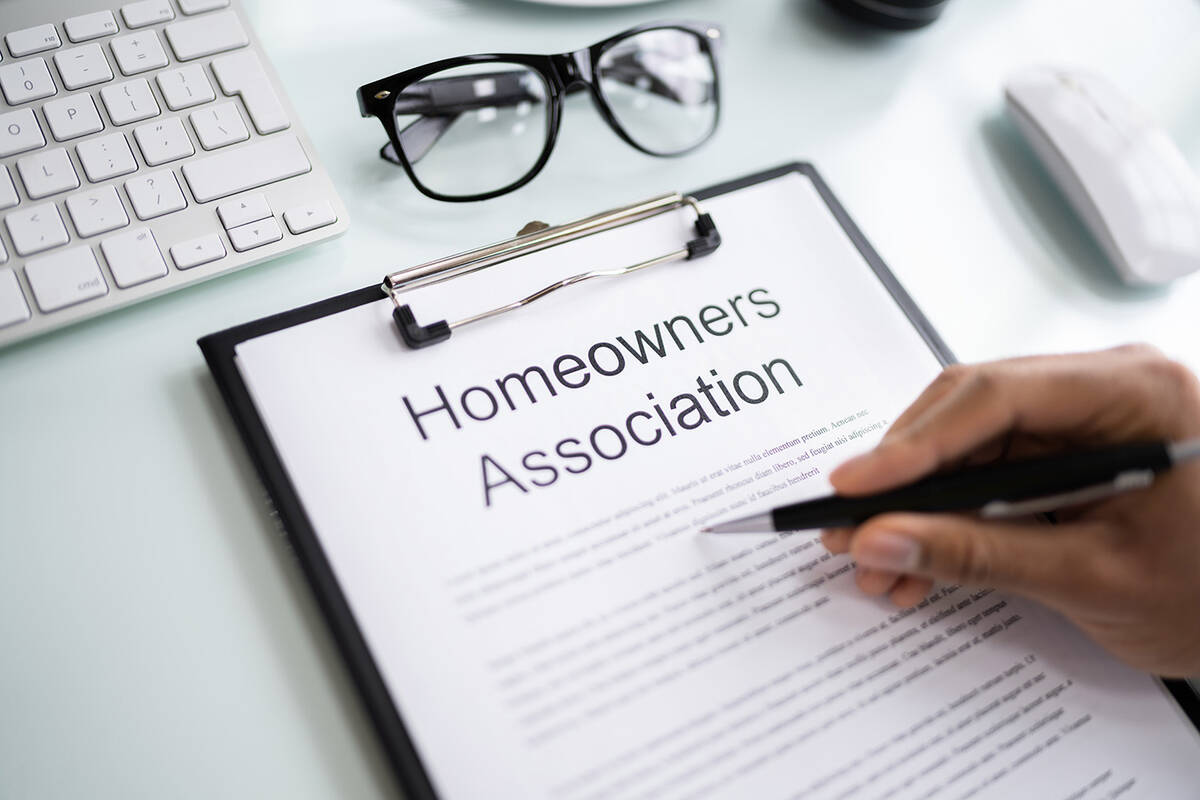Homeowner gets bid but does not follow proper procedure
Q: One of the residents knows a company who provides barrier arm installation and requested we ask the company for a bid, which is totally fine in my opinion.
However, the problem stems from the resident bypassing the board and our management firm and directly contacting the company and not having it send the sealed bid to our management company to open at our meeting. Instead, the resident just passed out the bid to various other homeowners association members.
I’m not sure how we should handle this to ensure everything is being done fairly and to procedure?
Is the bid now “tainted” and we can’t consider it?
Do we need to request the contractor send a proper sealed bid to our management company to open at our next meeting?
A: There are two issues. The first pertains to the unsealed bid that the homeowner obtained and distributed to members of the association. The second is that the homeowner bypassed the board and the management company in obtaining the bid.
Per Nevada Revised Statutes 116.31086, bids must be opened and read during the board meeting. Technically, the board could disqualify the vendor’s bid.
As to the homeowner, associations solicit bids for association projects. (NRS 116.31086 subsection 1). Homeowners can suggest companies and then allow the management company or the board to reach out to those companies to obtain bids. You will need to see what rules and regulations your association has pertaining to vendors and homeowners. A courtesy letter could be sent to the homeowner informing him of the proper procedure in soliciting bids.
Q: A rental home in our HOA of 50 single-family homes is delinquent 90 days past due for assessments. The property owner, not the tenant, is responsible for payment. NRS 116.31162 says we mail notices to the owner’s address and the unit address. But what are the tenants supposed to do with mail addressed to the owner? They don’t even know the owner’s address. In the case of tenants, must the HOA send this kind of notice to the unit address, or can we just send it to the owner and their property manager?
A: NRS 116.31162 (1a) states the association is to mail the delinquent notice by certified or registered mail, return receipt requested, to the owner’s, or his or her successor, address, if known, and at the address of the unit or if authorized by the parties, deliver by electronic transmission.
As you stated, the owner of the unit is responsible for the assessment payments and not the tenant. Even if the tenant is not aware of who to send the notice, the tenant at least has a head’s up that there is a payment issue, which could affect his or her continued occupancy at the property.
Q: Recently, our HOA executive board devised new bylaws. I am under the impression these new bylaws laws must be notarized and recorded. Am I correct?
A: You do not need to have the bylaws notarized and recorded but it’s a good idea to do it.
Q: Our Nevada HOA is holding a recall election. I received my ballot but the return envelope does not have pre-paid postage. Is that out of compliance, and if so, what should our HOA do now?
A: NRS 116.31036 pertains to the removal of a board member. Under NRS 116.31036 (3a), the secretary or other officer specified in the bylaws of the association shall cause a secret ballot and a return envelope to be sent, prepaid by United States mail to the mailing address of each unit within the association or to any other mailing address in writing by the unit’s owner.
Yes, your association is not in compliance. You can contact your management company and inform them that they did not follow the law and request a new mailing or you can contact the Ombudsman Office and file a formal complaint and ask them to become involved since it pertains to a recall election.
Barbara Holland, CPM, is an author, educator and expert witness on real estate issues pertaining to management and brokerage. Questions may be sent to holland744o@gmail.com.



















